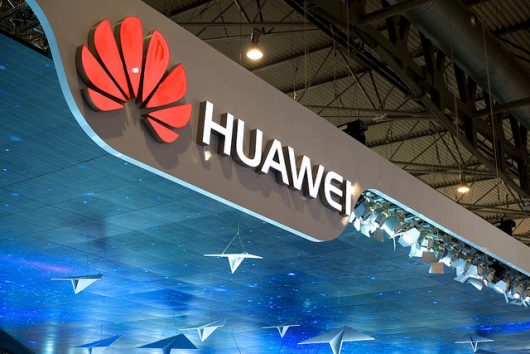Huawei Partners With South Africa to Boost Development
 This month, Huawei pledged to support the South Africa National Development Plan (NDP) to eliminate global poverty by 2030. Huawei proved their commitment by announcing their partnership with African governments, operators, and private companies towards advancing development. The announcement arrived at the GSMA Mobile 360 Africa Conference in July 2017.
This month, Huawei pledged to support the South Africa National Development Plan (NDP) to eliminate global poverty by 2030. Huawei proved their commitment by announcing their partnership with African governments, operators, and private companies towards advancing development. The announcement arrived at the GSMA Mobile 360 Africa Conference in July 2017.
As the leading global Information Communications Technology (ICT) provider, Huawei plans to alleviate global poverty through advancing mobile broadband (MBB). The company intends to collaborate with African operators and lend them their support. Huawei’s goal is to optimize cost of operation, shorten Return of Sales (ROS), and increase site efficiency.
With help from their partners, Huawei aims to “enhance MBB penetration and narrow the digital divide between rural and urban areas.” Doing so will bolster national competitiveness, capacity for innovation and productivity through improving Africa’s national and global connection. The company proposed “Three-Star Site Solutions,” which are various programs that are unique to different scenarios.
Huawei named PoleStar, TubeStar, and RuralStar in particular. Each will overcome a specific obstacle. PoleStar is for urban areas that cannot afford to deploy broadband base stations. For example, technicians can install the program on lampposts and other locations simply and efficiently. RuralStar is useful in rural areas because it decreases power consumption by 85 percent and cost by 70 percent. These solutions will make sites simpler, faster and more cost efficient to access.
Over the next 5 years, the GSMA predicts there will be “720 million smartphones in use and up to 60 percent MBB connections in African markets,” giving Africa a significant economic boost. In addition, expanding MBB will also improve education, healthcare and social development.
Aside from supporting network development in Africa, Huawei also has “identified three business and industry alliances.” The first is content aggregation, which is the collection of information under a specific topic, such as video cloud. Second, they will establish a site ecosystem alliance. Finally, a fiber to the home alliance will provide internet connection to individual buildings.
Mobile broadband is an increasingly important economic and social asset, making its advancement in Africa and other developing regions a priority. With support and collaboration from organizations like Huawei, there is hope that poverty in Africa will disappear by 2030.
– Haley Hurtt
Photo: Flickr
